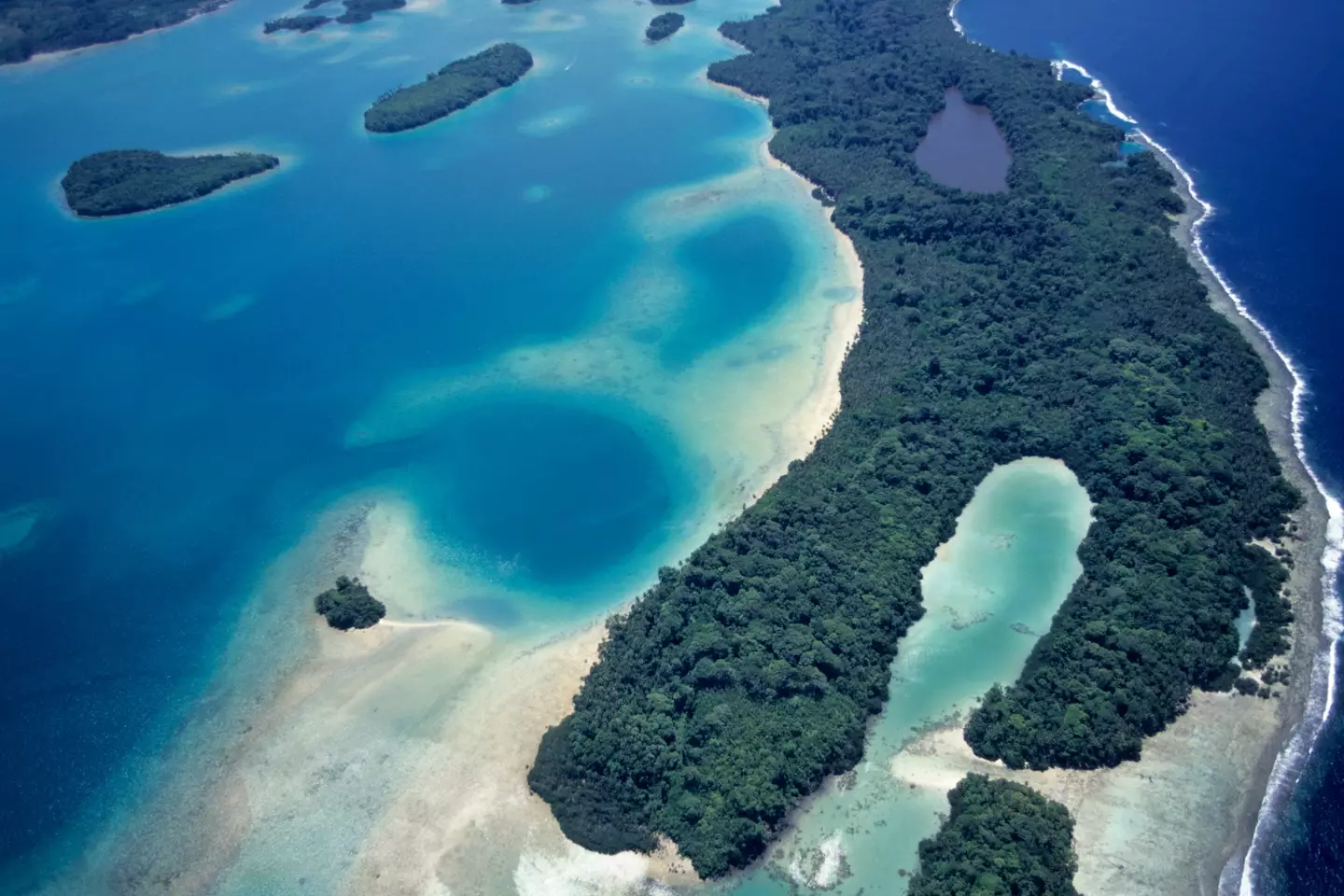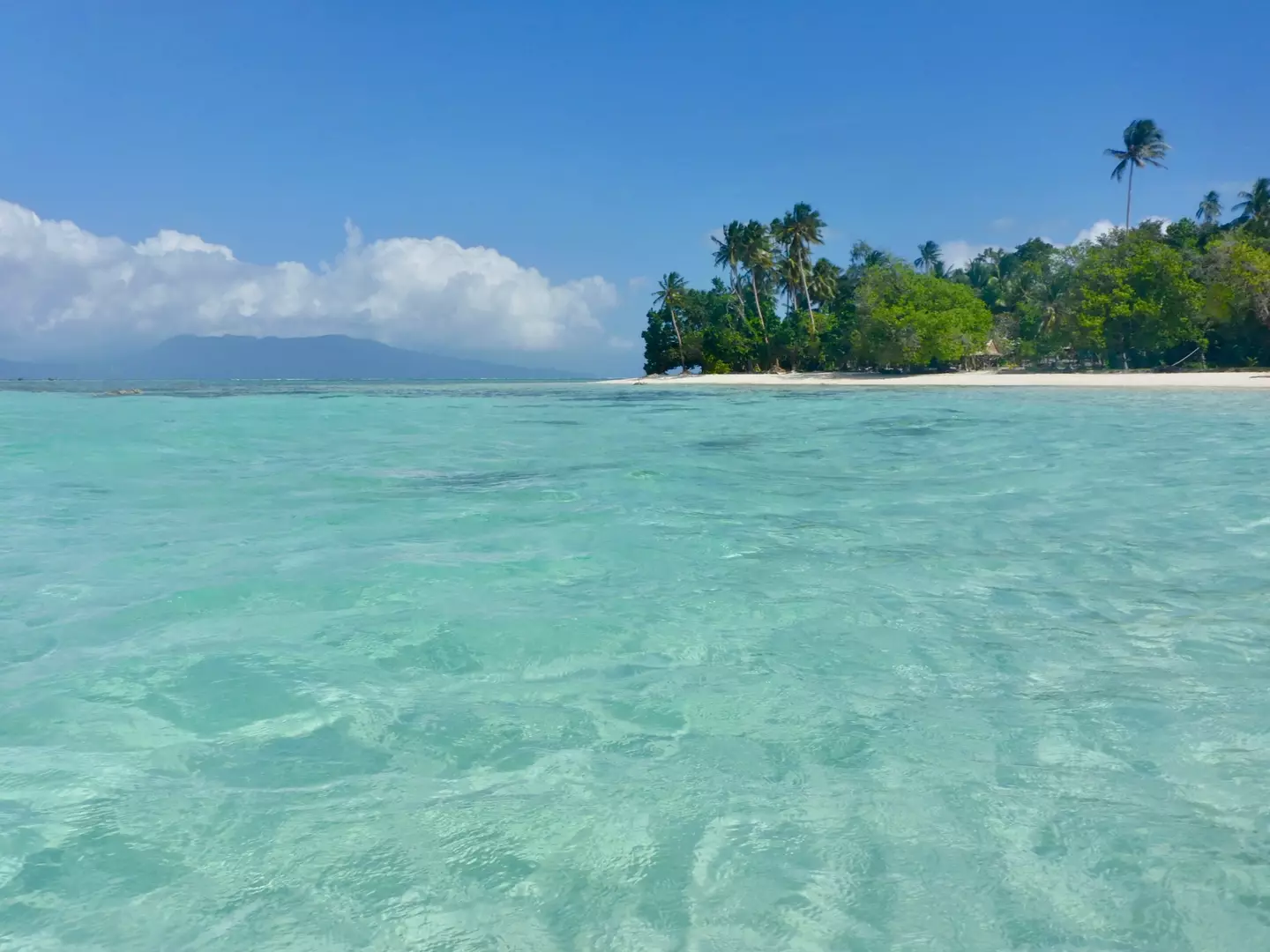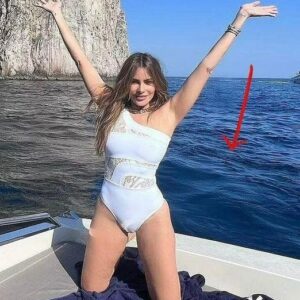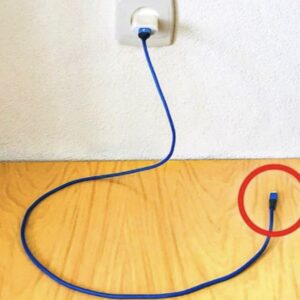Teonimanu has been kept alive thanks to local legends
Scientists have found evidence of a vanished island being dubbed ‘the real-life Atlantis’.
The work of scientists never fails to surprise us, and thanks to their tireless studies, we’re able to discover a tonne about the planet we live on and beyond.
Vanished islands are always a topic of intrigue, with the one known as the ‘real-life Atlantis’ an intriguing one.
The island known as Teonimanu would have been lost to time had it not been for local legends keeping its story alive.
Once forming part of the Solomon Islands in the Pacific Ocean, Teonimanu was home to hundreds of people over 300 years ago.
That all changed, however, when the island disappeared beneath the waves.

The island was part of the Solomon Islands. (Getty Stock Photo)
Scientist Patrick Nunn, author and professor at the University of the Sunshine Coast in Australia, said: “It’s the place where perhaps two or three islands disappeared very rapidly, several hundred years ago.”
Teonimanu most likely disappeared sometime between the late 16th century and the late 18th century, according to Nunn.
This is when Spanish explorer Álvaro de Mendaña and his English counterpart James Cook were in the region, according to the oral traditions of people in the central Solomon Islands.
Speaking in his 2009 book ‘Vanished Islands and Hidden Continents of the Pacific’, Nunn pointed out: “Their stories might easily be mistaken for legends, for fictions, but like many such ancient stories, there remain cores of truth – genuine observations – that over time have become encased in layers of narrative embellishment.”
While its fate may have been decided many years ago, the story of Teonimenu remains alive to this day.
In fact, Tony Heorake, director of the Solomon Islands National Museum, says the remarkable story has been passed down through his family.

The vanished island remains alive to this day. (Getty Stock Photo)
As per ABC, he said: “I am one of the direct descendants of Teonimenu on my mother’s side.
“After the island sank, some of my ancestors survived and they floated on banana tree trunks and other debris.”
Heorake told ABC his ancestors set up camp on the southern part of Ulawa, a place they still reside in today.
The island sits just north of where Teonimenu was, so it’s often a talking point at home.
“Every evening after dinner, we normally hear the elders in the family talking about those stories,” Heorake told ABC.
“Not only about Teonimenu but about different animals, different plants, different ways of fishing, hunting [on the island].”





